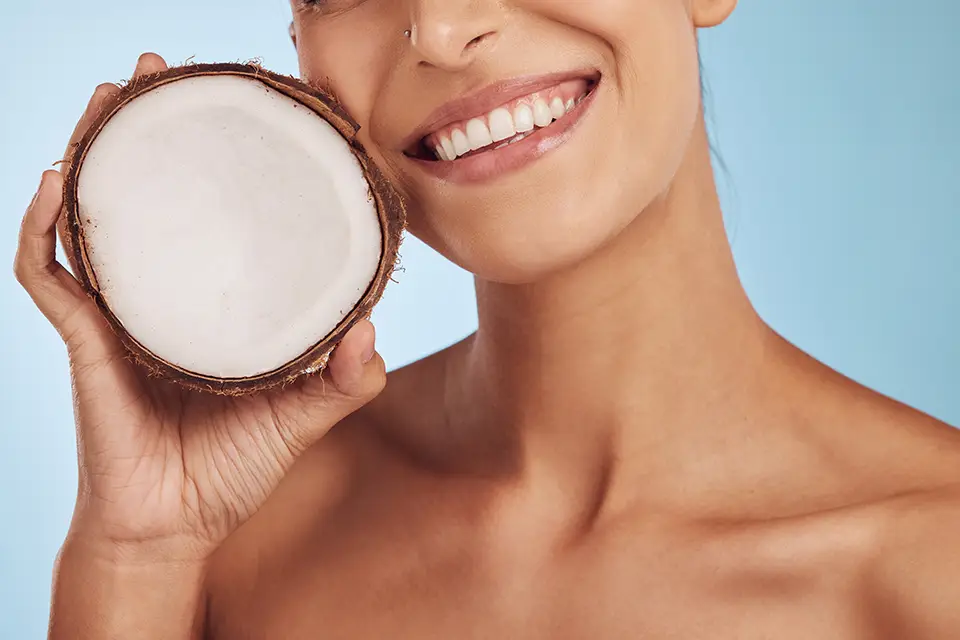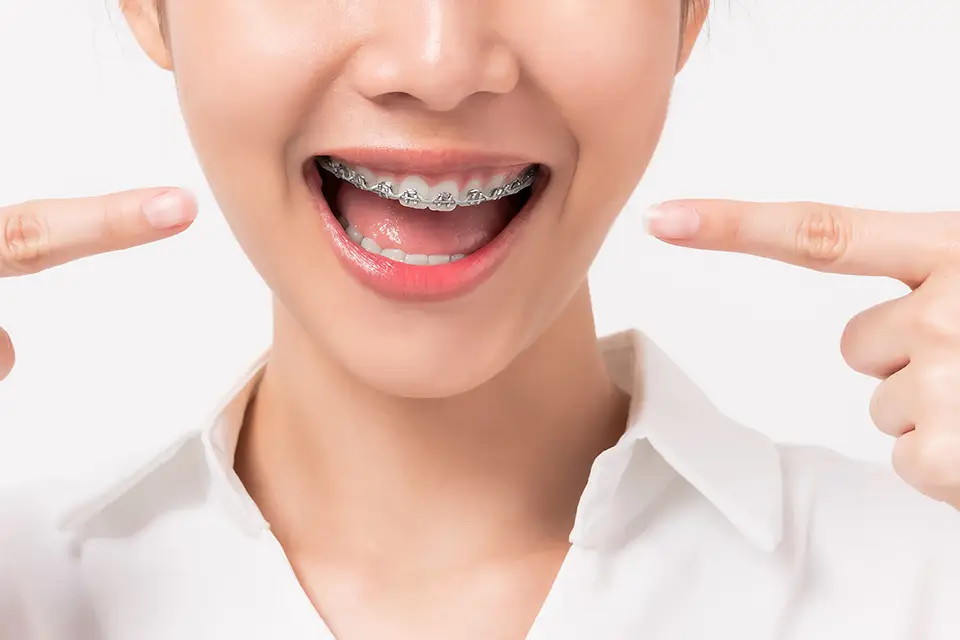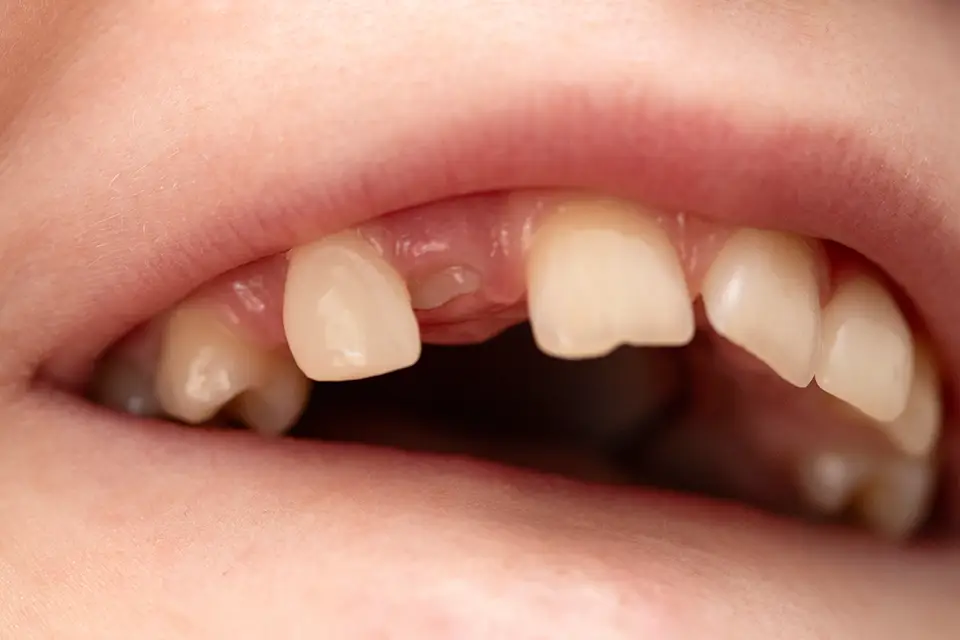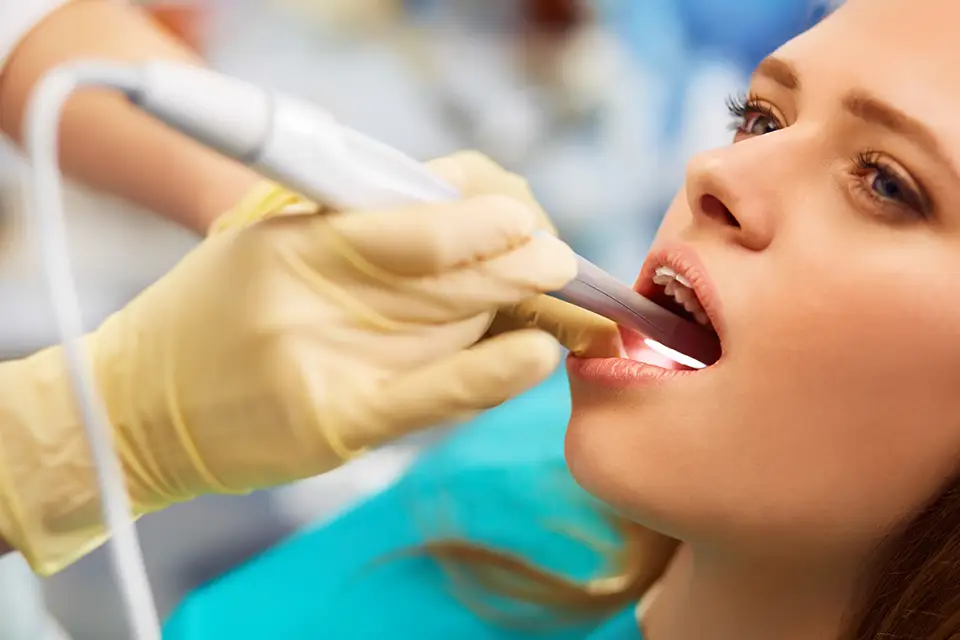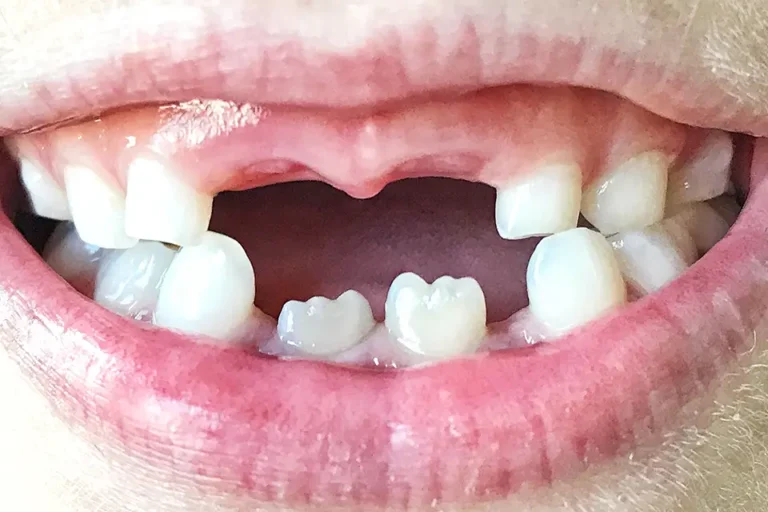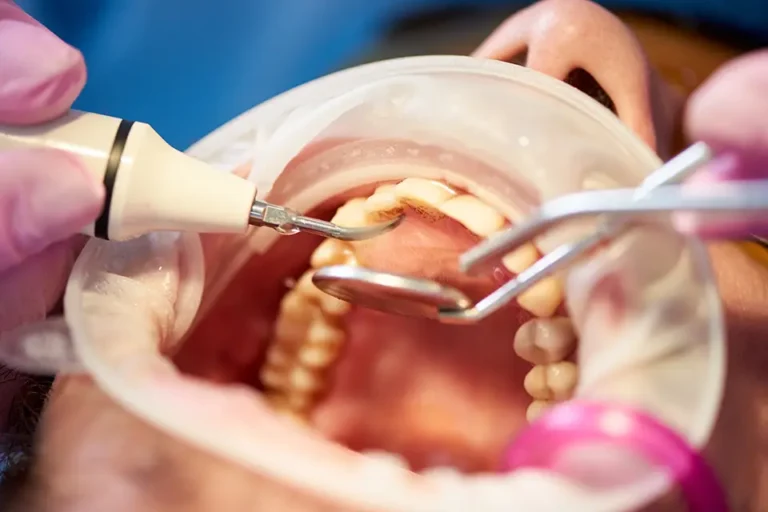While alcohol consumption is a common social activity, it’s crucial to understand how it affects dental health. Even moderate drinking can have a significant impact on oral health. This blog post will delve into the immediate and long-term effects of alcohol on teeth and gums, empowering you with the knowledge to mitigate these effects.
Immediate Effects of Alcohol on Teeth
When you consume alcohol, it immediately affects your mouth. Alcoholic beverages frequently contain high levels of sugar and acidity, which can erode the enamel on your teeth immediately. This erosion increases the likelihood of decay and sensitivity in your teeth. Furthermore, alcohol can reduce saliva production, causing dry mouth, which exacerbates these problems.
Long-term Effects of Alcohol on Dental Health
Tooth Decay
It promotes tooth decay in several ways. The sugars in alcoholic beverages feed harmful bacteria in the mouth, causing acids to erode tooth enamel. Over time, this can result in cavities and significant tooth erosion, necessitating dental intervention to repair.
Gum Disease
There is a strong link between alcohol consumption and periodontal disease. It can irritate the gums, causing inflammation and increasing their susceptibility to infections. Chronic consumption can also weaken the immune system, reducing the body’s ability to combat the bacteria that cause gum disease. Moreover, this can result in conditions like gingivitis and periodontitis.
Dry Mouth
Alcoholic drinks are known to cause xerostomia, or dry mouth, by reducing saliva production. Saliva is essential for neutralizing acids and removing food particles and bacteria. Also, without enough saliva, your mouth becomes a breeding ground for bacteria, resulting in bad breath, tooth decay, and gum disease.
Staining and Discoloration
Certain alcoholic beverages, particularly red wine and dark beer, can stain your teeth over time. These drinks contain chromogens and tannins, which adhere to the enamel and cause discoloration. In addition, the removal of this stain may be challenging without the assistance of a professional dental cleaning.
Specific Alcoholic Beverages and Their Impact
Beer
Beer is acidic and frequently contains sugars that can erode tooth enamel. Furthermore, the carbonation in beer can contribute to more enamel wear. Moreover, while beer may not be as harmful as other alcoholic beverages, frequent consumption can still harm your dental health.
Wine
Both red and white wines are acidic, but red wine is primarily known for staining teeth. The pigments in red wine can potentially adhere to enamel, resulting in discoloration. Additionally, white wine, while less staining, is more acidic and can soften enamel, leaving teeth more susceptible to staining from other foods and drinks.

Spirits
High-proof alcohols, such as vodka, whiskey, and rum, are extremely drying to the mouth. They have the potential to significantly decrease saliva production, which can result in dry mouth and its associated issues. Moreover, many spirits are consumed with sugary mixers, which can increase the risk of tooth decay.
Cocktails
Cocktails frequently combine spirits with sugary mixers and acidic ingredients like citrus juice. Moreover, this combination can cause significant damage to teeth, as the sugar can feed harmful bacteria, and the acid can erode enamel. Popular cocktails with high sugar and acid content, such as margaritas and mojitos, can be especially harmful.
Mitigating the Effects of Alcohol on Teeth
Dental Hygiene Tips
Adhering to a strict dental hygiene routine is your first line of defense against the effects of it on your teeth. Moreover, by brushing your teeth at least twice daily, flossing to eliminate plaque and food particles, and using fluoride toothpaste to strengthen enamel, you can take proactive steps to prevent decay. Consider using an alcohol-free mouthwash to avoid further drying out your mouth.
Hydration
Drinking water with it can help to counteract its drying effects and wash away sugars and acids. In addition, drink a glass of water after each alcoholic beverage to stay hydrated and lower your risk of tooth decay and gum disease.
Diet
Incorporate foods into your diet that can help protect your teeth. Calcium-rich dairy products like cheese and yogurt can help strengthen teeth. Additionally, crunchy fruits and vegetables like apples and carrots can boost saliva production and naturally clean teeth.
Regular Dental Visits
Regular dental check-ups and cleanings are crucial to maintaining good oral health, especially if you drink alcohol frequently. Also, your dentist can spot early signs of decay and gum disease and perform professional cleanings to remove plaque and stains that brushing alone cannot. In addition, this regular care can give you reassurance and a sense of being well-cared for.
While occasional drinking can be part of a healthy lifestyle, it’s essential to understand how alcohol affects your oral health. Moreover, you can mitigate the effects and keep your smile healthy by practicing good dental hygiene, staying hydrated, eating protective foods, and visiting your dentist regularly.
Furthermore, if you have any concerns about the effects of alcoholic drinks on your dental health, contact Zara Dental in Houston, Texas. Our experienced team is here to assist you in achieving and also maintaining optimal oral health. Call us today or visit our website to book your consultation.


